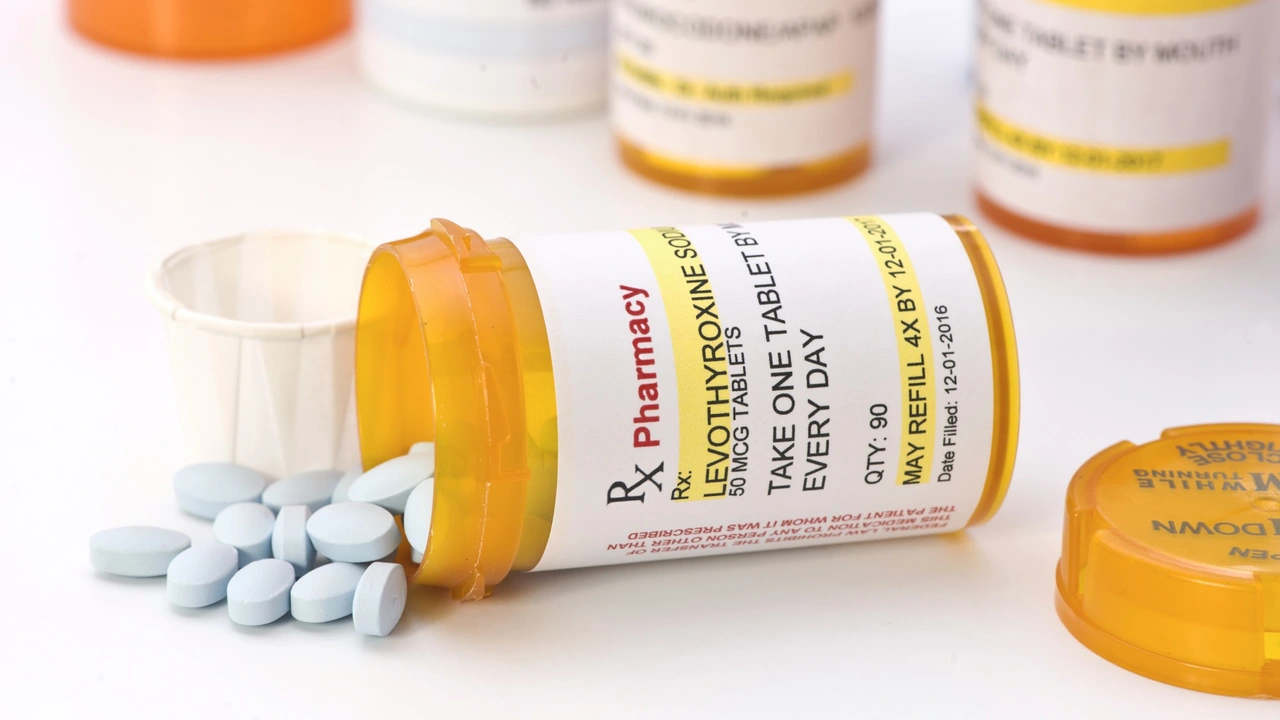Cheap thyroid medication: how to save on levothyroxine safely
Are your thyroid medicine costs rising? You don’t have to overpay. This guide gives clear, practical moves to lower what you spend on levothyroxine and other thyroid meds, while keeping safety first.
Shop smart: generics, 90-day supplies, and price tools
Generic levothyroxine is almost always cheaper than brand names like Synthroid, but the active ingredient is the same. Ask your doctor to prescribe the generic by name. Buying a 90-day supply instead of 30 days often cuts the per-pill price. Use price-comparison tools and pharmacy discount cards—search sites and apps that show local and mail-order prices so you can pick the best deal.
Mail-order pharmacies tied to insurers or big chains usually offer lower rates for long-term meds. If you have a prescription plan, check whether a mail-order option gives a 90-day fill at a reduced cost. Don’t forget to compare cash prices too; sometimes the cash price beats insurance copays, especially with discount coupons.
Safety checks and smart switches
Switching brands or manufacturers can change how your body responds. If you swap from one levothyroxine brand to another, ask your doctor for a TSH test about 6–8 weeks after the switch. That tells you if the dose still works. Never buy prescription thyroid meds without a valid prescription and a reliable pharmacy—cheap counterfeit drugs are a real risk.
If an online pharmacy looks too cheap, verify it. Look for a pharmacy license, clear contact info, and reviews. For US buyers, check for VIPPS accreditation or a visible physical address. For international sellers, confirm they require a prescription and have a pharmacist reachable by phone or email.
Manufacturer patient assistance programs sometimes offer free or low-cost medicine if you qualify. Enrollment rules vary, but it’s worth checking major manufacturers’ websites. Community health centers and local clinics can also direct you to sliding-scale or low-cost options.
Other ways to save: ask for a therapeutic substitution when appropriate, split higher-dose tablets only if your doctor approves, and request mail-order samples from your prescriber if switching. Avoid risky shortcuts like importing pills from unknown overseas sites or buying without a prescription.
Want one final tip? Keep good records of your brand, dose, and test results. That makes it easier to spot problems if you change where you buy your medicine. Talk openly with your clinician about costs—they often know simple, safe ways to reduce what you pay.

